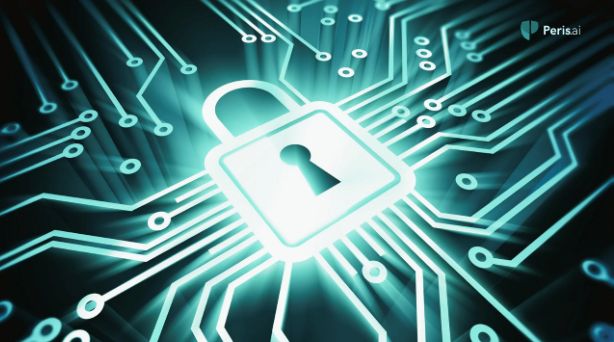In today’s technologically advanced world, it has become critically important for organizations to protect sensitive data and IT resources. Cybersecurity services are useful since they help organizations guard against the rapidly growing threats by hackers. These services include a number of approaches and tools that are employed with the objective of safeguarding networks, computers, and other pertinent data against unauthorized access, intrusion, and harm. Another fundamental strategic practice that can, in turn, enhance the implementation of strong cybersecurity measures is through Managed Services from a professional IT Company.
The Growing Need for Cybersecurity Services
This is because as businesses continue to integrate into technology, they become vulnerable to cyber threats. For example, the methods used by cybercriminals are developing day after day, so it is more important for companies to have a head in identifying threats. Cybersecurity services can be more effective because instead of waiting for the hackers to strike and then respond to the attack, the malicious risks are prevented from occurring in the first place. Every organization, whether a small business or a large enterprise, is a potential victim, and the implications of such an attack could be dire such as loss of finance, productivity, reputation, and even legal suits.
Managed Services: A Proactive Approach
Managed services thus relate to outsourcing of various IT services to the service provider. First of all, it is beneficial to assume that Managed Services provide a powerful and diverse mechanism for the protection of organizational resources in the sphere of cybersecurity. When working with a qualified IT Company, a business will acquire the knowledge and tools required to address cyber threats properly.
Another core benefit that a company that opts for Managed Services enjoys is precisely the fact that the process is continuous. Some threats can be innate and may develop at any given time; thus, there is a need to have cyber security personnel manning the various systems on a 24/7 basis to identify any activity that is perceived as unlawful quickly. This means that monitoring has to happen in real time to reduce the effect of vulnerabilities and ensure that issues are covered.
Key Components of Cybersecurity Services
This is a description that captures a number of measures that are available for use in safeguarding an organization’s computer system. Some of the key components include:
- Risk Assessment and Management: Where risks might lie and the general protection status of an organization or network. This needs to be complemented with periodic blanks or risk evaluations to manage all threats in place.
- Network Security: Personal security procedures that aim at guarding the consistency and secret of information as it moves in networks. This ranges from firewalls, intrusion detection, and prevention systems to secure communication protocols.
- Endpoint Security: Protecting isolated personal computers, portable communication gadgets, and other portable gadgets such as tablets. This is done with the help of such measures as antivirus programs, encryptions, and access control mechanisms.
- Data Protection: It involves particularly the protection of data in storage and transmission processes. This entails issues with data protection and encryption, backup and data storage, and disaster and business continuity plans.
- Compliance and Governance: Conformity to the legal requirements of the specific area in which a particular organization operates. This is especially the case in sensitive data domains that include healthcare and finance since data protection laws are rigid.
Benefits of Partnering with an IT Company
Partnering with a reputable IT Company for Managed Services offers several benefits beyond just enhanced cybersecurity. These include:
- Expertise and Experience: Access to a team of cybersecurity experts with extensive experience in managing and mitigating cyber threats.
- Cost Efficiency: Reducing the need for in-house cybersecurity resources and infrastructure, leading to significant cost savings.
- Scalability: The ability to scale services according to the organization’s needs, ensuring that security measures grow alongside the business.
- Focus on Core Business: Allowing businesses to focus on their core operations without the distraction of managing complex cybersecurity issues.
Conclusion
The fundamental problem exposed here is that in the age where threats are evolving day by day, organizations must have strong cybersecurity services to secure their assets. Managed Services delivered by an IT Company is thus a dynamic and all-encompassing scheme that is designed to safeguard an organization’s digital resources. Therefore, with the help of these providers’ specialists and tools, businesses can guarantee their IT support is secure, safe from threats, and complies with the necessary industry standards. Even though cybersecurity services are considered by many as a security measure to protect against potential threats, they can be seen as outcomes that provide added value to the company.








